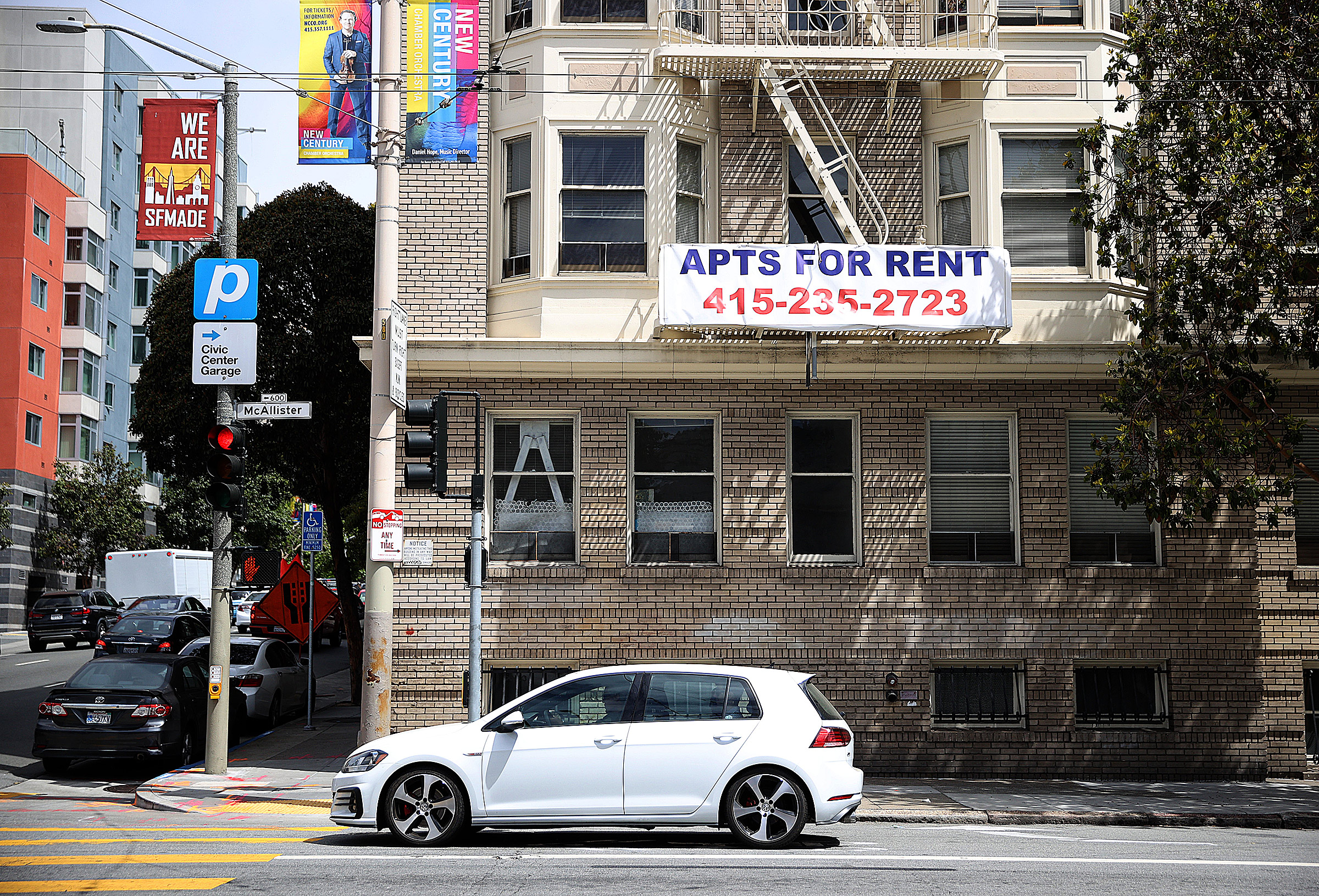Starting next year, California landlords must pay to change door locks for domestic abuse survivors who request it, after Gov. Gavin Newsom signed a new law July 2.
“Survivors of domestic violence need to feel protected in their own homes, and the changing of the locks is an important piece that California still needs to address,” said bill author Sen. Susan Talamantes Eggman, a Democrat from Stockton, in the bill’s analysis.
Under Senate Bill 1051, landlords are also barred from rejecting prospective tenants who have broken a previous rental agreement because of abuse inflicted upon them, who have previously requested to have their locks changed, or who have previously summoned police to deal with abuse. If landlords don’t comply they could face fines between $100 and $5,000.
The law could help abuse survivors find housing, since landlords can now reject rental applications of those with a reported history of abuse and police encounters, according to an analysis of the bill by the Assembly’s Judiciary Committee.
A coalition of supporters including the Los Angeles Center for Law and Justice, the Los Angeles based Downtown Women’s Center, Public Advocates, and Bay Area Legal Aid—which offers free legal services to low income households in the Bay Area—also said in the analysis that the bill would help with survivors finding housing.
“Survivors and survivor advocates in California agree that prohibiting landlords from rejecting rental applications because of circumstances surrounding a victimization would help more survivors secure housing,” they wrote.
Current law requires landlords to change locks within 24 hours—upon the receipt of a police report or court order—of those who have reported abuse. If a landlord does not do so, tenants can change the locks on their own, but at their own expense.
The new law mandates landlords pay for the change or reimburse tenants who change the locks themselves. According to a recent Forbes Home study, the average cost to change a door lock including labor ranges from $50 to $300. Under the new law, landlords are on the hook for all exterior locks for abuse survivors.
The law also expands the list of acceptable proof authorizing the switch, allowing a statement from a “qualified” third party, which can include domestic violence counselors, human trafficking caseworkers, sexual assault counselors, and health practitioners such as social workers, surgeons, psychiatrists, and psychologists, among others.
According to a June analysis of the bill, two out of five survivors, per U.S. Department of Justice data, don’t report abuse to authorities, so allowing such third-party statements will make it easier for survivors to receive protections under the law.
The law also expands who qualifies as a victim of abuse in a household, including others living in the same household during the abuse.
While the new law aims to help renters maintain safe and affordable housing, it also adds potential legal challenges for housing providers, according to Daniel Yukelson, executive director of the Apartment Association of Greater Los Angeles.
“The burden of reacting, complying, and paying for services is being imposed on rental housing providers who are completely uninvolved with their residents’ personal situations and are being forced by the state, at our cost, to take action within 24 hours by changing locks,” he told The Epoch Times in an email.
He said landlords may be temporarily unavailable or not receive a notice from their tenants on time to respond, and they could face consequences under the new law.
Adult renters, he said, “should be mature enough and capable of addressing their personal situations ... paying for a locksmith to address a situation their landlord did not create and is completely uninvolved with.”
Starting Jan. 1, 2025, the law applies to leases that started on or after Jan. 1, 2011.














